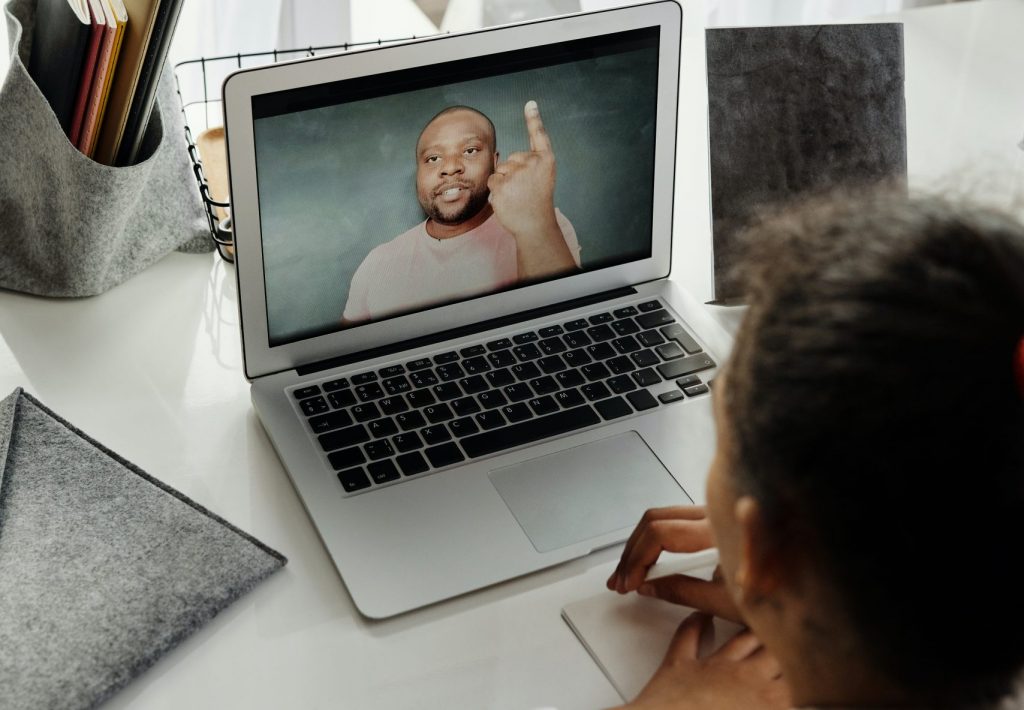
Our Virtual Teamwork Training Course includes many ideas including these 5 Top Tips .
Virtual Teamwork Training Course - 5 Top Tips
Many teams and organisations have been forced to work virtually since Covid-19. And what they have experienced is that working as a virtual team is challenging, more challenging than if you are in the same location. These Top Tips form just a part of our Virtual Teamwork Training Course.
Create new team behavioural norms
Every team has a set of behaviours which are allowed, accepted and encouraged. These are called behavioural norms. They could include hours of work, attitudes to work, reactions to challenges and many more. This is as true in the virtual world as it was before Covid-19.
You now have the opportunity to create and manage these behavioural norms. If they are not managed then norms will still appear, but they may not be the ones you want, or that your team appreciate.
This means the team leaders need to manage this new reality by managing the desired behavioural norms. A great way to do this, is to discuss and agree them with your team. You will get increased buy in when the team contributes to how they are organised.
Every team needs structure
Team structure describes the roles, boundaries and formal arrangements that are required of the team.
Each person has to understand and agree to their roles. The team need to understand the boundaries of their role and of the team, as well as the consequences of crossing these boundaries. Questions to answer include: Where does one role end and another begin? What are the basic expectations of the role? Plus all of the ‘what do we do if’ questions.
The formal processes include reports used, deadlines, interdependencies and organisational rules that need to be followed.
Moving to the virtual world often creates the need to review these formal processes because virtual working can be so different.

Management by goals
In the old world many people were managed by time. As long as you turned up between the hours of say, 9.00am to 5.00pm and did something useful, you could be considered to be working to expectations.
Now it’s different.
Many organisations have woken up to management by goals. This means focussing on the goals to be achieved at work, rather than just the time spent at work. When you’ve achieved your goal, you have done your job. If that means you want to work very early in the morning, or late at night, or between home schooling, so be it.
The possibilities and motivational outcomes of this approach are very exciting.
Communication - a key part of our virtual teamwork training course
Communication has always been important, but now it’s crucial. Previously some vital team communication would happen on an ad hoc basis. People bump into other people in the kitchen, in the car park, in the hallway. We didn’t realise how important these little conversations were. Both to the working of the team and to motivation and mental health.
In addition, there were more formal meetings when the team got together in the office, or at some other venue.
Not any more.
Now we need to create far more opportunities to communicate to fill the gaps. If we don’t, people might fall down them.
We need to create more team meetings, daily briefings, ad hoc phone calls, weekly kick offs and Friday wind downs. This means more effort and more conscious communication.
Teamwork by personality
Understanding the personality of your collegaues and your team was always important, but now it’s vital.
The mental health of your colleagues has never been so challenged by working conditions.
A gregarious person who defines their role by how well they get on with their colleagues, may be really suffering in the suffocation of their own home.
The analytical peron who is driven by making sure they’ve got things just perfect, will have always worked long hours. But they may never stop working, now that work has moved into the home.
Understanding the work style of your colleagues and your team has never been more important. The ITD Work Style Model gives you a simple tool for understanding this dynamic and is a key part of our virtual teamwork training course.
Summary
In conclusion, there are a number of vital areas where the team dynamic has changed. The team and the team leader have to work on behavioural norms, structure, their goals, communication and the personalities of colleagues, in order to to really underpin the chances of success.
Happy Virtual Teamworking 🙂

